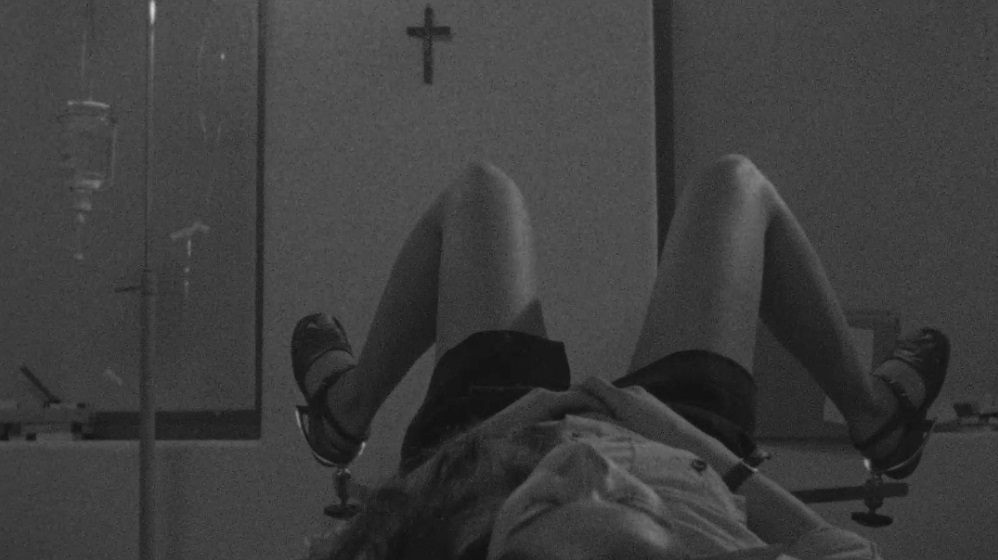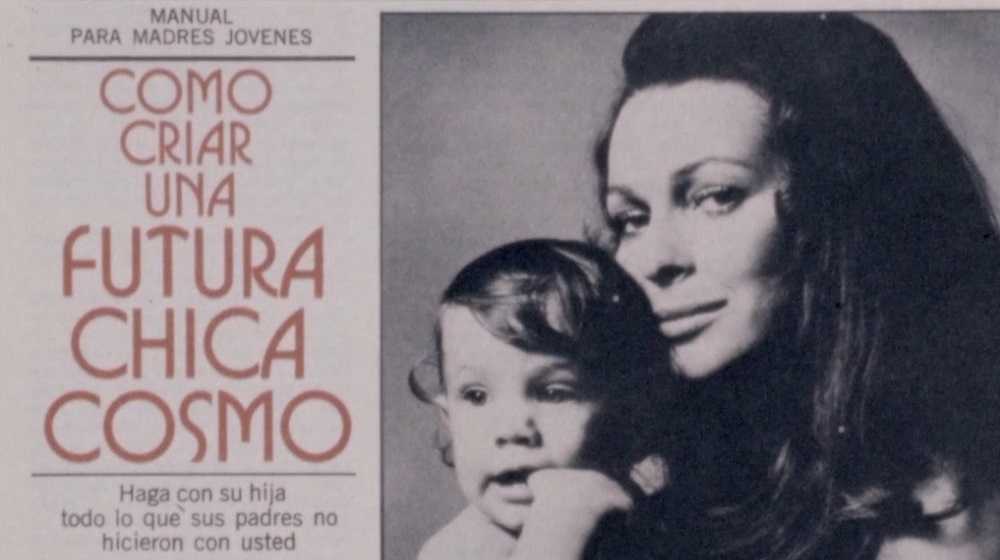The films in this session explore the first phase of the collective, whose main aim was to work on portraying issues that were invisibilized at the time, such as the struggle for the decriminalization of abortion (Cosas de mujeres), recognition of household work (Vicios en la cocina, las papas silban) and systematized violence in relation to sex and gender (Y si eres mujer…). Each film proposes its particular hybrid path of documentary, fiction and animated collage, and a variety of materials explode the mechanisms of representation: press clippings, readings of the penal code, interviews and anonymous testimonies, clandestine medical procedures, filming inside hospitals, at protests, in kitchens and bedrooms, and even sound counterpoints with poems by Sylvia Plath, radio soap operas, romantic boleros and the music of Isabel Parra.
Founded by Rosa Martha Fernández and Brazilian Beatriz Mira, who were later joined by Guadalupe Sánchez, Ángeles Necoechea, Sonia Fritz, María del Carmen de Lara, Eugenia (Maru) Tamés Mejía and María Novaro, among others, the group’s functioning was based on efforts to combat hierarchies, with the emphasis on debate and reflection. In long meetings or “lock-ins” they addressed their own class and race prejudices, and were present for each other, sharing experiences, problems and desires. This dynamic translated into the distribution of production and documentation tasks, participatory research, theatrical exercises and joint writing processes, forming a collective voice. This conversational logic gave rise to the anarchic forms of the films.
Vicios en la cocina, las papas silban, Beatriz Mira Andreu, 1978, 16 mm, 24’; Y si eres mujer…, Guadalupe Sánchez Sosa, 1977, 16 mm, 7’; Cosas de mujeres, Rosa Martha Fernández, 1975-78, 16 mm, 45’.
Digital projection.
Copies from the Valdivia International Film Festival. Special thanks to Karina Solórzano, and Colectivo Cine Mujer.

